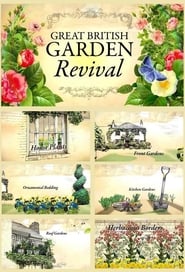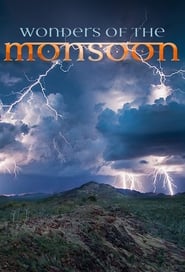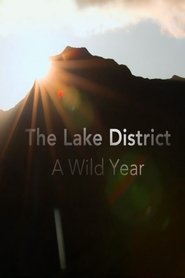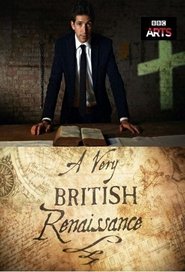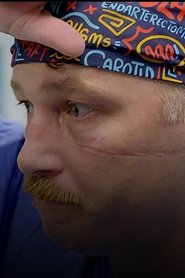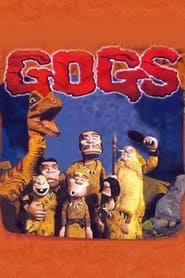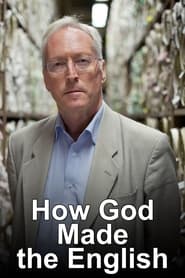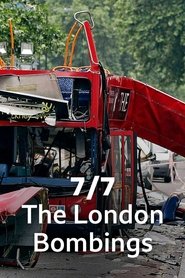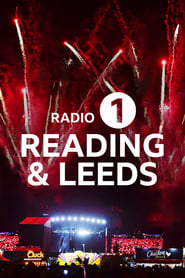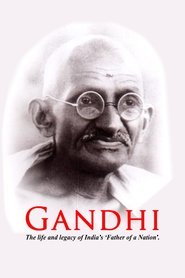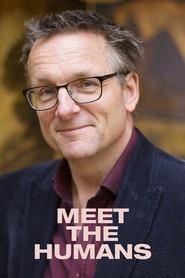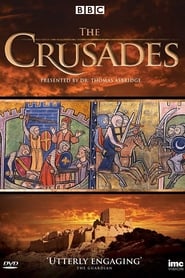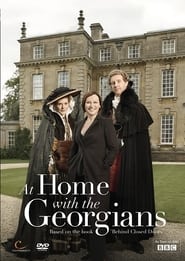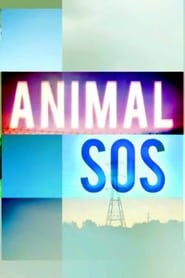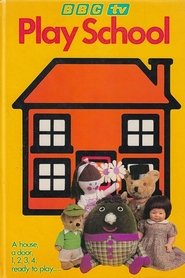Bbc Two TV Series - Page 73
-
Sport Relief's Top Dog
2014
In celebration of Sport Relief, two teams of dog owners and celebrity team captains compete in a series of challenges in a bid to be crowned top dog. -
Great British Garden Revival
2013
star 7Britain’s rich horticultural history is being lost. More and more front and back gardens are paved over - for development, for parking spaces, or because families don’t have the time or inclination to manage these spaces. The trend for easy-to-maintain lawns, patios and paving has also led to a decline in traditional gardens full of flowers, plants and trees to the extent that some of our most iconic flora and fauna have all but disappeared. Step forward the BBC’s most-loved gardening experts, who are determined to turn us back into a green-fingered nation once again. -
Wonders of the Monsoon
2014
star 10Wonders of the Monsoon’ will explore the worlds of such places as the Himalayas to Northern Australia. The show will look at how the wildlife and culture of these places has shaped the Earth through some of its greatest natural phenomena on the planet. The series will take a journey to see how life manages to flourish under the tumultuous weather conditions that annually transforms an enormous part of our planet. -
A Wild Year
2020
A Wild Year
2020
A Wild Year is a unique insight into the nature of three iconic regions of the British countryside: The Pembrokeshire Coast, The North York Moors and The Fens. -
非常英国 文艺复兴
2014
非常英国 文艺复兴
2014
Art historian Dr. James Fox makes the case for a singularly British renaissance, telling the stories of the artists and artisans who changed Britain forever. -
Death Valley
0000
Death Valley
0000
Thrown together by the murder of John's neighbour, John and Janie are an odd, yet hilarious duo with opposing instincts. Every week, they get to the bottom of gripping murders, with various stunning Welsh locations providing a backdrop to their investigations. -
Saving Lives in Cardiff
2024
Life-saving operations, difficult dilemmas. Lifting the lid on the heart-rending, hard-headed decisions surgeons must make before tackling the day job of changing people’s lives. -
Gogs
1993
star 7.5Gogs!, or simply Gogs, is a claymation-style animated television series which takes the form of a sitcom, originally aired on Welsh television in 1993, and aired to the rest of the United Kingdom on the BBC in 1996. Gogs has since been aired internationally, and still enjoys re-runs on occasion. -
Ski Sunday
0000
Ski Sunday
0000
Ski Sunday is the BBC Sports weekly magazine-style television show covering winter sports, broadcast in the United Kingdom on Sundays in a late afternoon or an early evening time-slot. It began in 1978, and is currently presented by Graham Bell, Ed Leigh and Amy Williams. -
Shakespeare In Italy
2012
Shakespeare In Italy
2012
Francesco da Mosto takes to the Italian road again in search of Shakespeare in Italy. -
How God Made the English
2012
Historian Diarmaid MacCulloch explores both what it means to be English and what has shaped English identity, from the Dark Ages, through the Reformation to modern times. -
7/7: The London Bombings
2025
Documentary looking at the 2005 attack on London's transport system and the ensuing police investigation and the three-week hunt to catch the bombers. -
Radio 1 at Reading and Leeds Festival
2024
Reading and Leeds Festivals is an event held in August in Reading, Berkshire and Leeds, West Yorkshire, England. -
Gandhi
2009
-
Meet the Humans
2017
Meet the Humans
2017
Human volunteers are placed into a plush country house that's rigged with surveillance cameras, while Michael Mosley watches from a secret observational room to analyse their behaviour. -
The Crusades
2012
star 7This three-part series sheds new light and new perspective on the 200-year war between Christians and Muslims for control of the Holy Land. -
At Home with the Georgians
2010
In this three part series, historian Amanda Vickery explores how the great British obsession with our homes began 300 years ago. Using the intimate diaries and letters of Georgian men and women, previously lost to history, she explores how the desire for a home revolutionised relationships between men and women. -
How to Build
2010
How to Build
2010
Britain's iconic and 'secretive' engineering companies reveal how they build the world's most amazing machines. The first part of the series "How to build a nuclear submarine" a documentary following the construction of the Astute nuclear submarine. The second part of the series "How to build a jumbo jet engine", the story of the thousands of people who design, build and test engines at Rolls-Royce’s manufacturing plants in Derby and across the UK, making Rolls-Royce a central part of life for the people of places like Derby. The third and final part of the series "How to build Britain's secret engineers" when the documentary team follows workers at a leading British company on a global journey, as they reveal a handful of their secretive projects including getting Chinook helicopters ready for front line service. -
Animal SOS
2014
Animal SOS
2014
Documentary series following the work of the RSPCA, filming as calls come in to the national control centre and following inspectors on the ground as they deal with everything from injured wildlife to neglected pets. -
Play School
1964
star 4Play School is a British children's television series produced by the BBC which ran from 21 April 1964 until 11 March 1988. Devised by Joy Whitby, it accidentally became the first ever programme to be shown on the fledgling BBC2 after a power cut halted the opening night's programming. Play School originally appeared on weekdays at 11am on BBC2 and later acquired a mid-afternoon BBC1 repeat. The morning showing was transferred to BBC1 in September 1983 when BBC Schools programming transferred to BBC2. It remained in that slot even after daytime television was launched in October 1986 and continued to be broadcast at that time until it was superseded in October 1988 by Playbus, which soon became Playdays. When the BBC scrapped the afternoon edition of Play School in September 1985, to make way for a variety of children's programmes in the afternoon, a Sunday morning compilation was launched called Hello Again!. There were several opening sequences for Play School during its run, the first being "Here's a house, he

